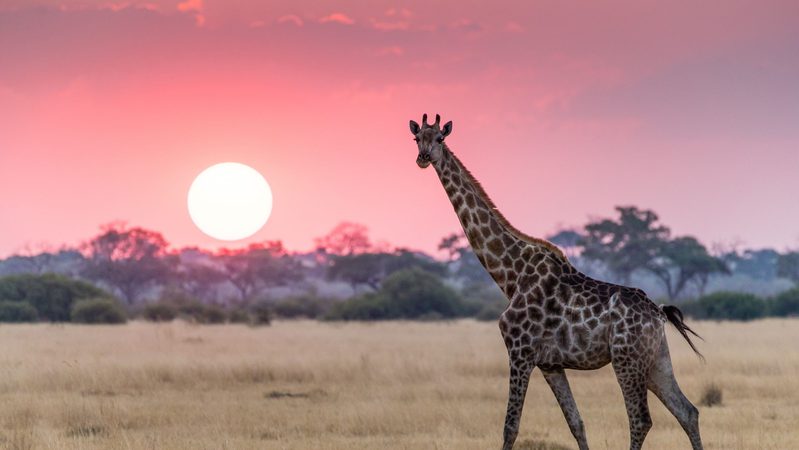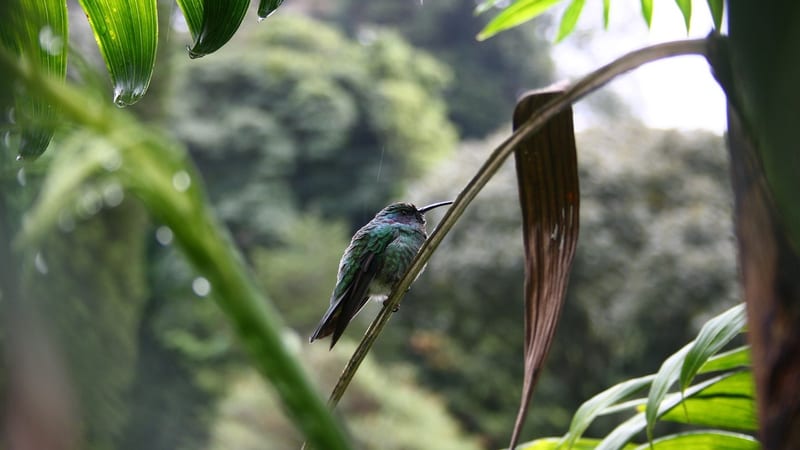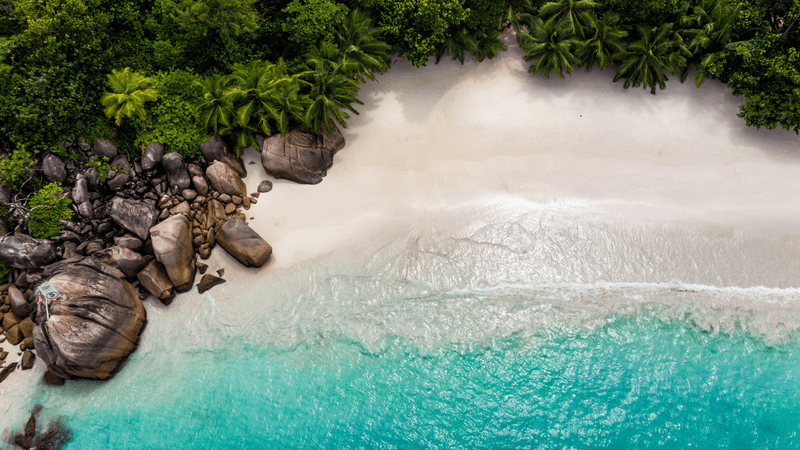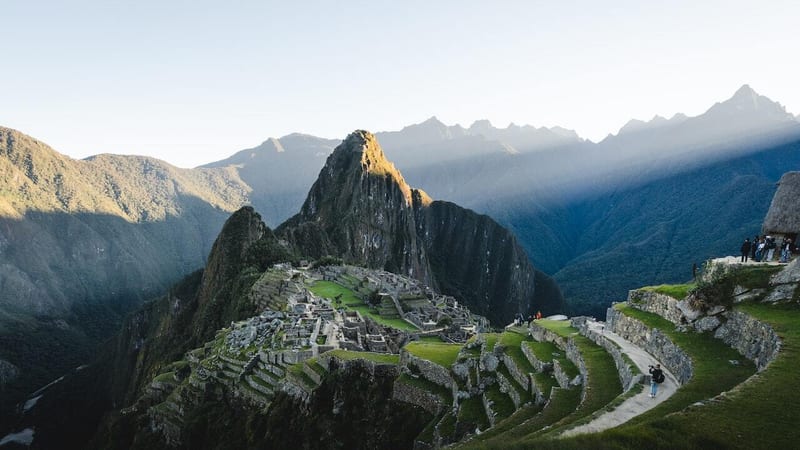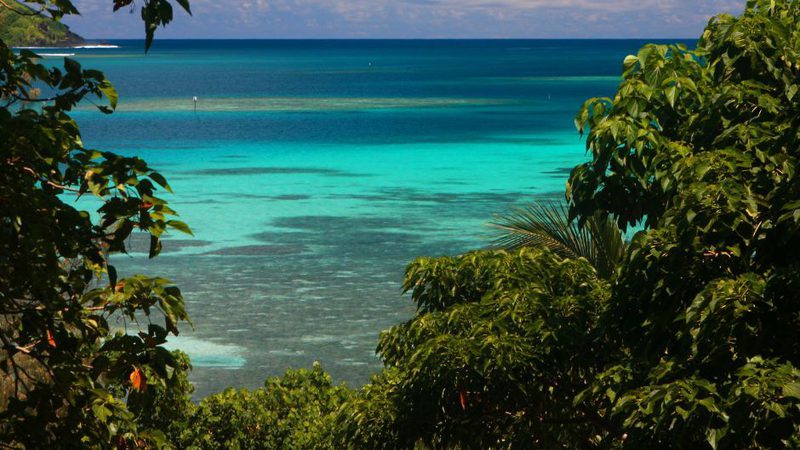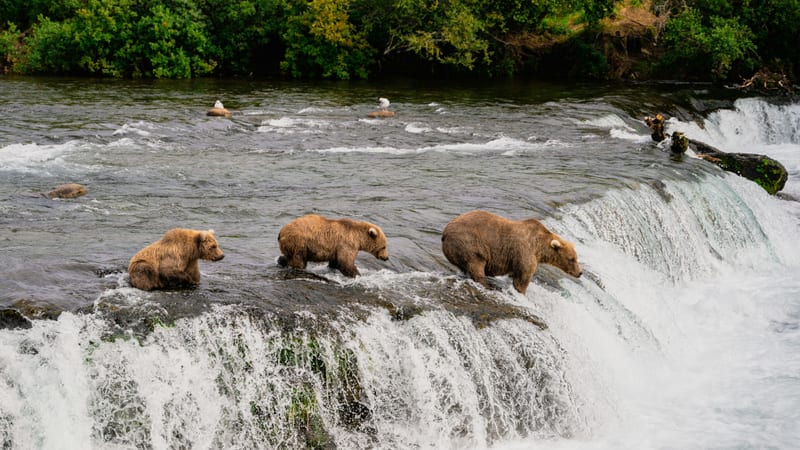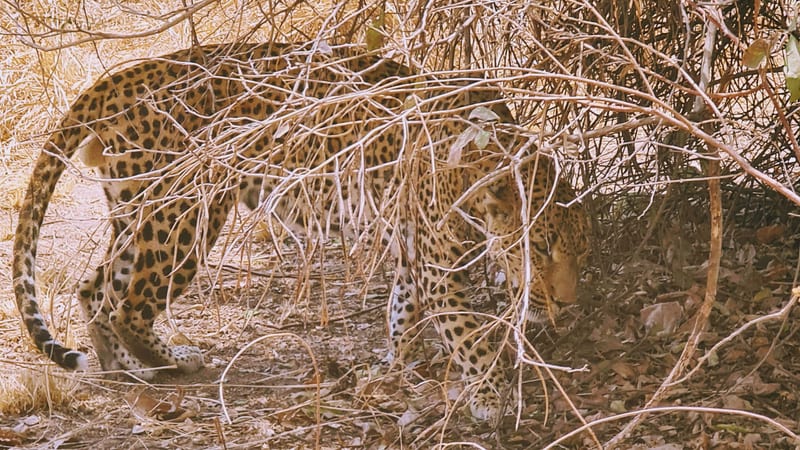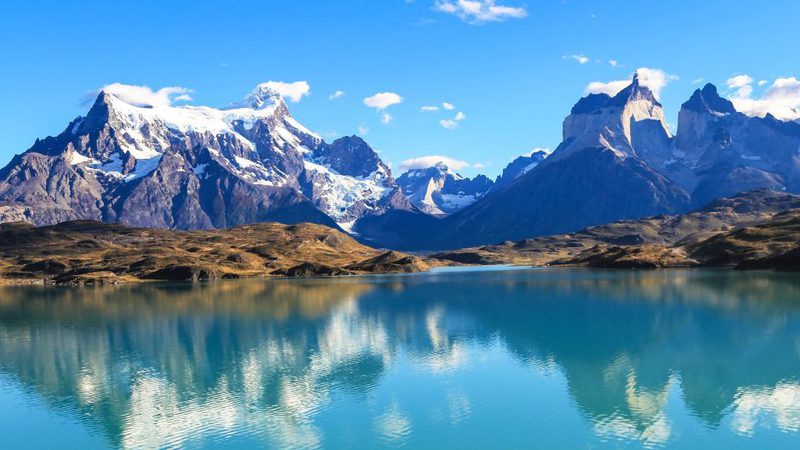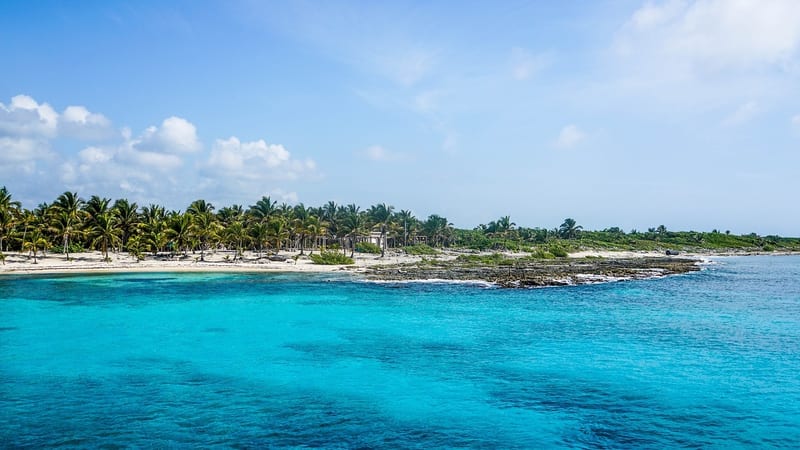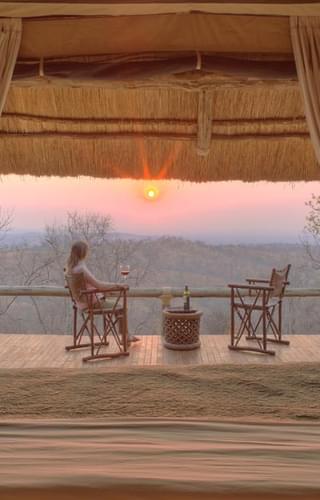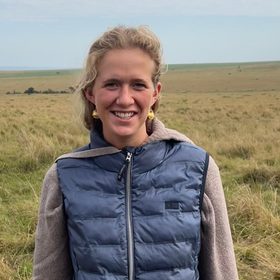The perfect safari experience showcasing Africa at its best
Location: Ikuka Safari Lodge is perched high on the Mwagusi escarpment in Tanzania’s Ruaha National Park, offering sweeping views across the wild Ruaha valley. One of the most remote and game-rich parks in Africa, Ruaha remains off the well-trodden track, making Ikuka an ideal base for a personal, immersive safari in East Africa’s largest national park.
Rooms: The lodge features seven spacious suites, each positioned to maximise panoramic views of the surrounding wilderness. Crafted from locally sourced white quartz and sustainable materials, the rooms include super-king beds, fans, 24-hour electricity, open-plan bathrooms, and private balconies. A family suite is also available. For a deeper wilderness experience, guests can opt for a night under the stars in the new Rock House, Ikuka’s unique fly-camp offering.
Amenities: Ikuka’s central area includes a bar, dining space, library, lounge, and a swimming pool overlooking the Mwagusi River. Contemporary design meets natural elegance, creating a relaxed, home-like atmosphere. Meals are fresh, hearty, and shared in a communal setting, with a strong focus on comfort and hospitality.
Activities: Game drives in open 4WD vehicles offer close encounters with elephants, lions, and prolific birdlife. Guided walking safaris, led by expert trackers and TANAPA rangers, reveal the smaller wonders of the bush. Birdwatching is exceptional, with Ruaha boasting Tanzania’s highest bird species count.
Sustainability: Owner-run and managed, Ikuka employs 26 local staff and partners with STEP to support elephant conservation. Eco-conscious design and community support are central to the camp’s operations, ensuring each stay helps protect Ruaha’s ecological heritage.
Best places to stay in Ruaha Safaris
Ruaha Safaris Trip Inspiration
When to visit Tanzania
Find out the best time to visit Tanzania with our month by month guide.
- Best
- Good
- Mixed
- Jan
- Feb
- Mar
- Apr
- May
- Jun
- Jul
- Aug
- Sep
- Oct
- Nov
- Dec
January
January is mixed when it comes to weather, temperatures rise whilst the chance of rain and humidity increases. It is still a good time to go, as the rates are lower yet the game viewing is still excellent.
- During this time migratory herds are in the Serengeti for calving season, meaning the Ndutu plains are busy.
February
The weather remains hot with a chance of rain in February.
- Meanwhile in the Ndutu Plains the migration is still occurring.
March
March is the calm before the storm, before heavy rains and humidity builds. Visitors can take great advantage of lower rates during the low season.
- Migrating herds start to leave Ndutu, heading West towards Grumeti.
April
April experiences continued periods of heavy rain, we would advise against travel due to the conditions.
May
During may there is periods of heavy rain, we would advise against travel due to the conditions.
June
June heralds the wet season, bringing lush green vegetation which can make spotting game more difficult. It is a particularly great time for birders as parks become populated by migratory birds especially in the South.
- Migration is still in the Grumeti area, heading north.
July
July is the start of peak season, temperatures reach up to 30 degrees and the surrounding land becomes drier and spotting game is becoming easier.
- The migration is in the Northern Serengeti moving towards Kenya.
August
August is peak season, with bush land drying out game spotting becomes much easier. If you want to experience Tanzania game at its best, August is the time to travel.
- The migration still remains in the north.
September
Peak season continues in September, the Northern circuit can be very busy, if you want to avoid crowds it's best to visit the southern parks.
- The end of the migration is still in the north with herds on both side of the Kenyan and Tanzanian borders.
October
Peak season continues into October with good game viewing in the Serengeti and southern parks.
- The migration has now crossed over into Kenya.
November
November is the start of the rainy season, the rains tend to be overnight so it is still a popular time to travel. During this month you can take advantage of low season rates.
- Migration crossing over into the Serengeti can be seen a the Tanzania and Kenya border.
December
Rains continue in December, whilst the temperature and humidity start to build. Venturing out on safari is generally good, with large game still easily spotted.
- Migrating herds in the north travel south back to Ndutu.
Speak to a Tanzania expert today
and start planning your tailor-made vacation

Alistair


